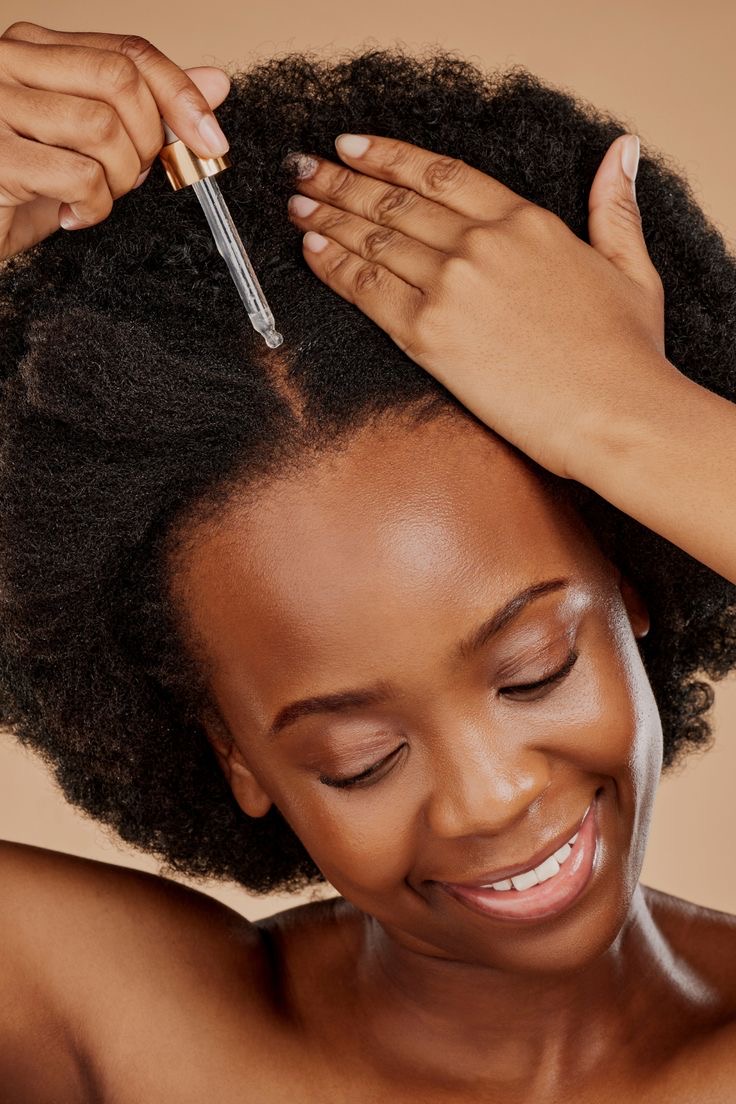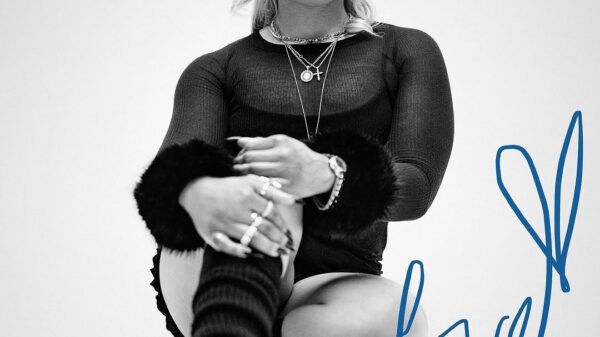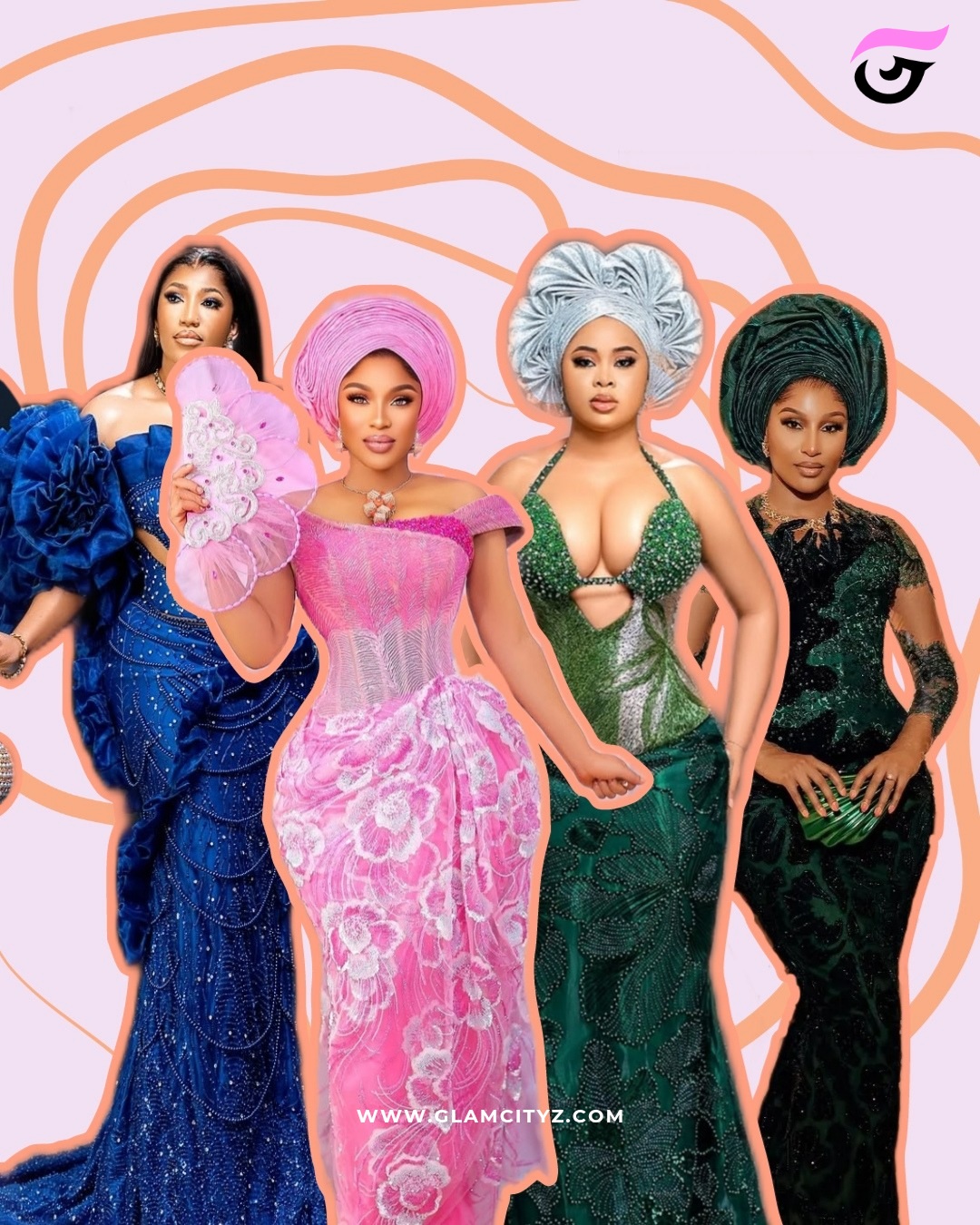Dandruff is a common issue that people who have natural hair face and it can be really frustrating. Whether it’s those stubborn white flakes or an itchy scalp that won’t quit, dandruff can be particularly annoying. You may be wondering what causes dandruff in natural hair, and more importantly how to get rid of it. In this blog post, we’ll break down the reasons behind dandruff in natural hair and share effective tips to keep your scalp healthy and flake-free.
Table of Contents
What is Dandruff?
Dandruff is the shedding of dead skin cells from the scalp. While it’s a common issue, it can become more noticeable in people with textured or natural hair due to the dryness and curl patterns that often make it harder for natural oils to spread evenly across the scalp. Though dandruff is not contagious or dangerous, it can cause embarrassment and discomfort if left untreated.
Common Causes of Dandruff in Natural Hair
Dry Scalp
One of the most common causes of dandruff in natural hair is a dry scalp. Natural hair tends to be more prone to dryness because its tight curls can prevent the scalp’s natural oils from traveling down the hair shaft. When the scalp is too dry, it can lead to flaking and itching, resulting in dandruff.
Solution: Regularly moisturize your scalp with oils like jojoba oil, coconut oil, or argan oil. Deep conditioning treatments can also help replenish moisture and restore balance to your scalp.
Product Buildup
Heavy creams, oils, and styling products often used in natural hair care routines can accumulate on the scalp over time. When these products aren’t properly washed out, they can cause irritation and lead to dandruff-like flakes.
Solution: Incorporate a clarifying shampoo into your routine once every 1-2 weeks to remove product buildup. Be careful not to overuse clarifying shampoos, as they can strip the scalp of natural oils if used too frequently.
Scalp Fungal Infections
A common cause of dandruff is a condition called seborrheic dermatitis, which is often linked to a yeast-like fungus called Malassezia. This fungus thrives on the oils on your scalp and can cause irritation, flaking, and itching. While it’s common in all hair types, it can be particularly troublesome for natural hair due to the higher oil production on a dry scalp.
Solution: Antifungal treatments or medicated shampoos containing ingredients like ketoconazole or zinc pyrithione can help control fungal growth. Always consult with a dermatologist if you suspect an infection.
Infrequent Washing
Many people with natural hair prefer to wash their hair less frequently to maintain moisture, but not washing your hair enough can cause a buildup of oils and dead skin cells on the scalp, leading to dandruff.
Solution: Find a balance between washing your hair too often and not washing enough. Aim for washing your scalp every 1-2 weeks, depending on your hair’s needs. Use a sulfate-free shampoo to keep your scalp clean without stripping it of essential oils.
Scalp Sensitivity or Allergies
If you use products with harsh chemicals, fragrances, or dyes, your scalp may react negatively, leading to inflammation, dryness, or even dandruff. Natural hair products with artificial additives or strong fragrances can sometimes trigger allergic reactions.
Solution: Switch to products that are free from parabens, sulfates, and artificial fragrances. Opt for products designed specifically for sensitive scalps or natural hair.
Stress and Hormonal Changes
Stress and hormonal fluctuations can also contribute to dandruff by affecting oil production and triggering inflammation on the scalp. Conditions like pregnancy or menopause can also impact your scalp’s health, leading to dandruff.
Solution: Managing stress through relaxation techniques, regular exercise, and maintaining a balanced diet can improve overall scalp health. If hormonal changes are suspected to be the cause, consult a healthcare professional for advice.
Tips for Preventing and Treating Dandruff in Natural Hair
Regular Scalp Massages
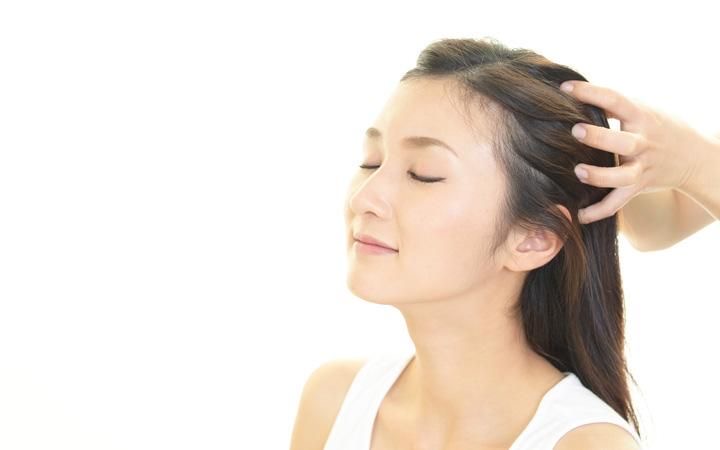
Massaging your scalp can stimulate blood flow, which helps distribute natural oils and promote healthy skin turnover. It also helps relieve tension and can prevent product buildup.
Keep Your Hair and Scalp Hydrated
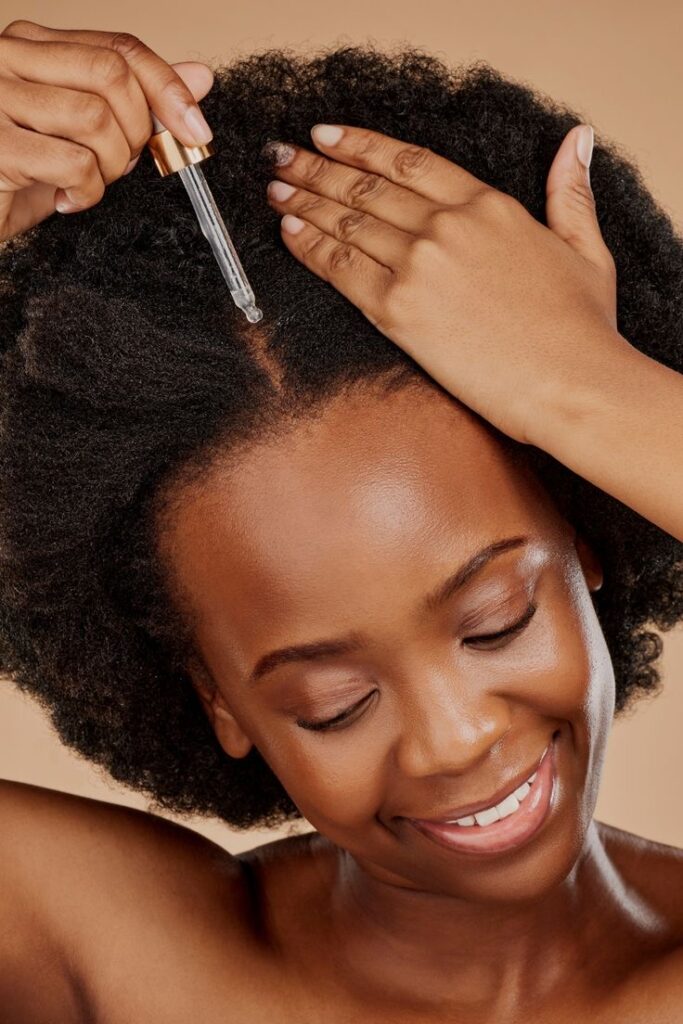
Invest in high-quality moisturizers, oils, and leave-in conditioners. Focus on nourishing both your hair and scalp to combat dryness and flaking.
Use a Gentle Shampoo
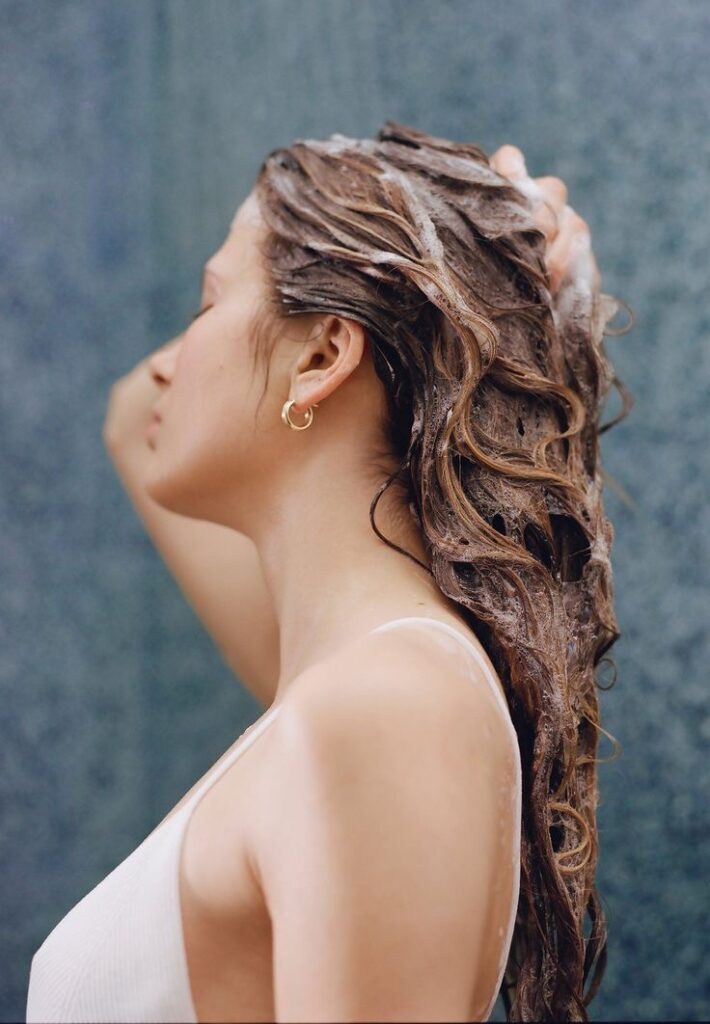
Harsh shampoos can strip your scalp of natural oils, which can make dandruff worse. Choose sulfate-free shampoos that cleanse without being too harsh on your scalp.
Avoid Scratching

Scratching an itchy scalp can exacerbate dandruff and lead to skin damage or even infection. Try to resist the urge, and use soothing treatments like aloe vera gel to calm the itch.
Eat a Nutrient-Rich Diet
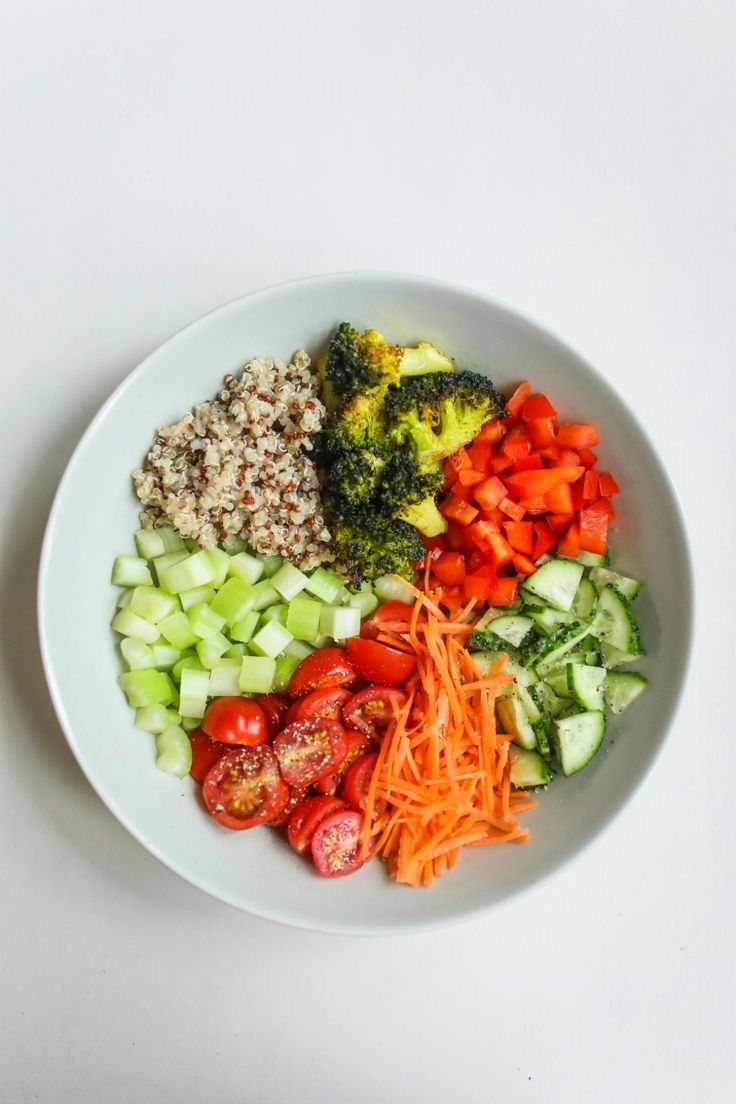
A diet rich in omega-3 fatty acids, vitamins, and minerals can improve scalp health. Foods like salmon, avocado, nuts, and leafy greens promote healthy hair and skin.
Seek Professional Advice

If it persists despite home remedies, it’s essential to see a dermatologist. Persistent dandruff could be a sign of an underlying scalp condition that may require medical treatment.


